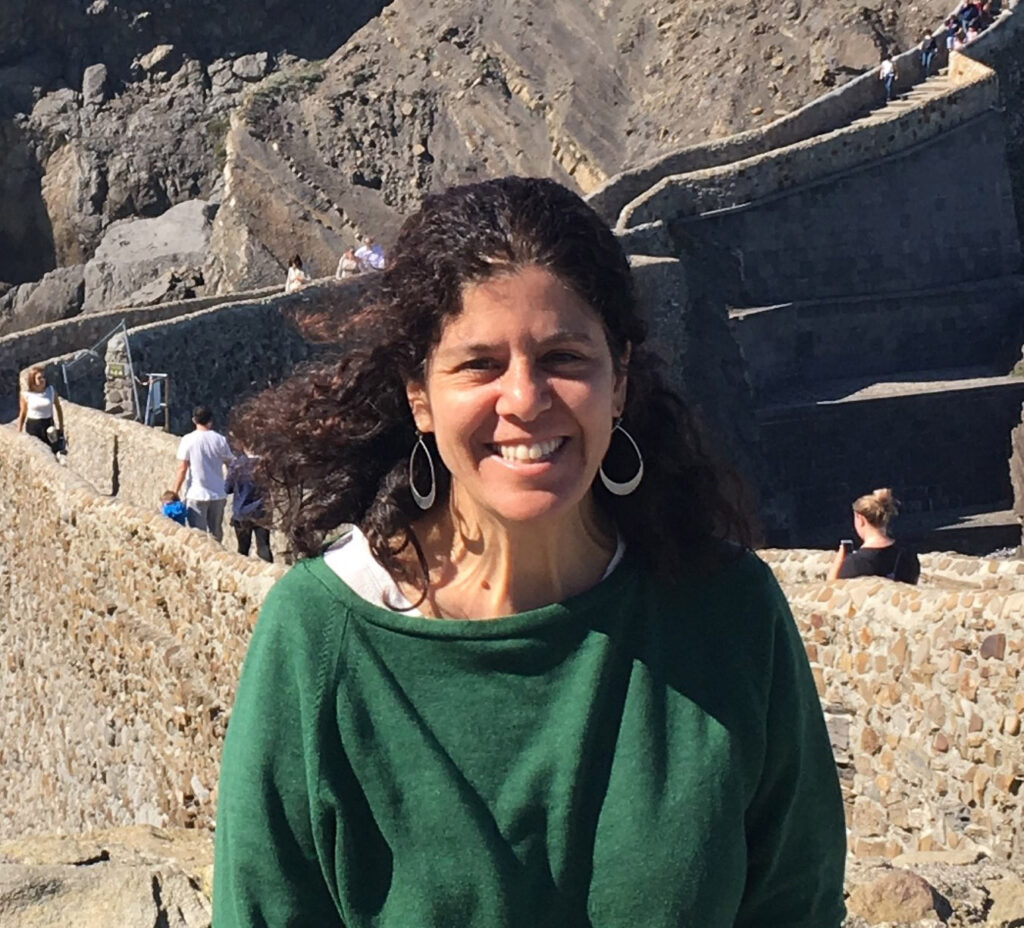Pepa Martínez-Borso has spent her entire professional career in the field of international development aid. She worked with several Spanish NGOs in the Balkans, and then spent twelve years at Oxfam. After a few years in programmes, she moved on to work in organisational development, change management and internal training. For the last seven years she has been working as Learning Manager at the Open Society Foundations.
What do you consider to be the main challenges of the cooperation sector at present?
The classic model of the development community, projective and based on aid, the one in which many of us started out, is no longer valid. It is not the right model for tackling many of today’s problems and replicates unequal and unfair models of relationships and power. Today many challenges, albeit with unequal effects, are global: the climate crisis, growing inequality, the closing of spaces for democratic participation, the effects of a pandemic, and the map of actors and relationships has completely changed.
In this context, the sector must rethink itself in all its facets: its role, funding mechanisms, values and internal organisation, relationships and alliances, the way it explains and communicates externally, etc…
How do you think they should be addressed?
I believe that many organisations are already in this moment of reflection, making and promoting changes. Reflection and allowing ourselves to be challenged must be a constant, questioning how we use and distribute power, both internally and in our relations with other actors, especially with those whom we have traditionally placed in the role of aid recipients. It has to be an honest and courageous exercise, with a lot of listening; the sector (and within it, each one of us) has a lot to learn and unlearn.
I also think that we need to reflect, question and change many of the traditional funding mechanisms that perpetuate this more traditional «aid» model and that leave little scope for finding new ways of doing things.



